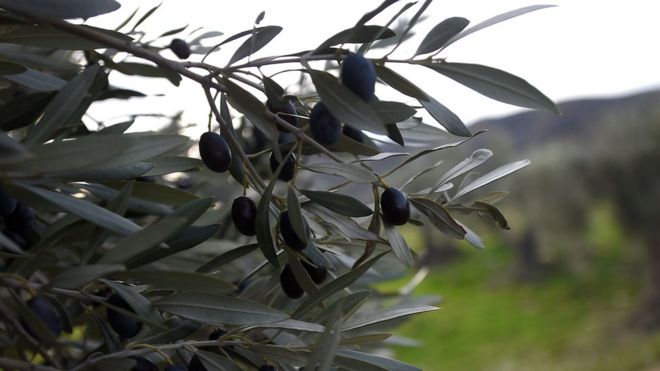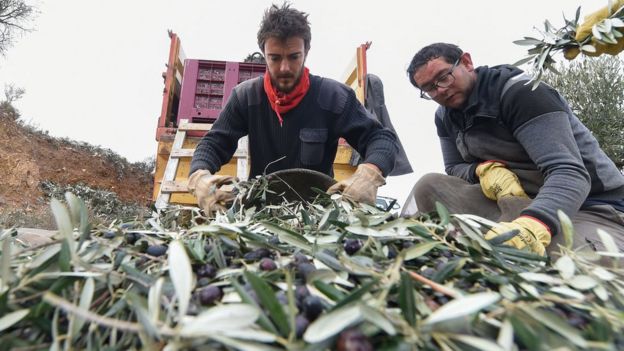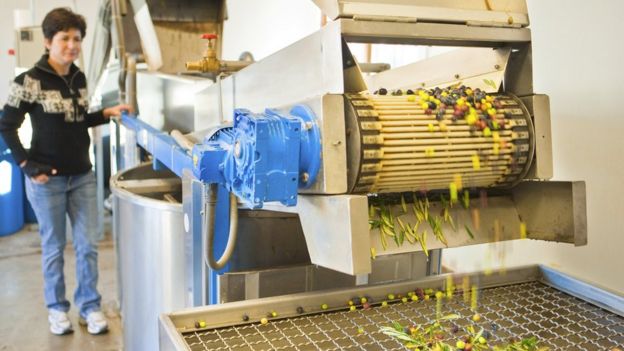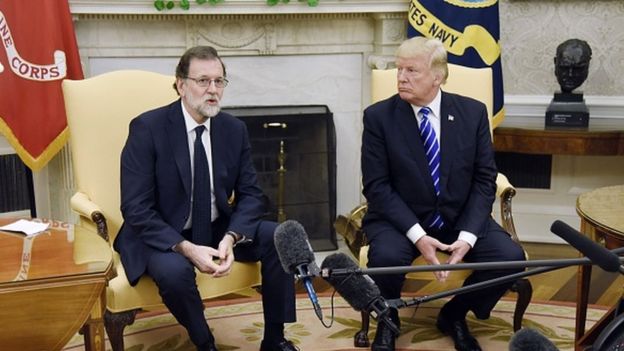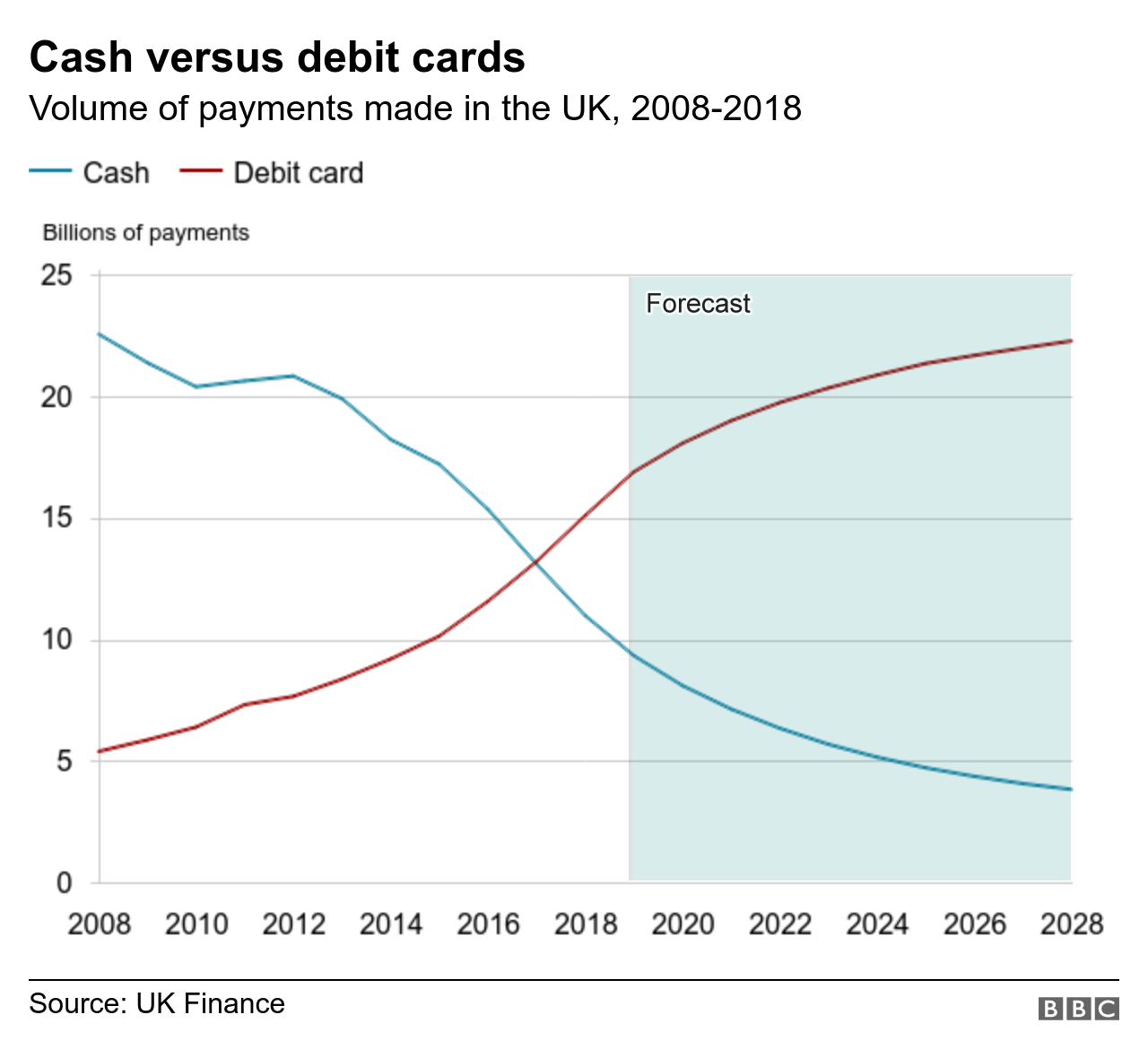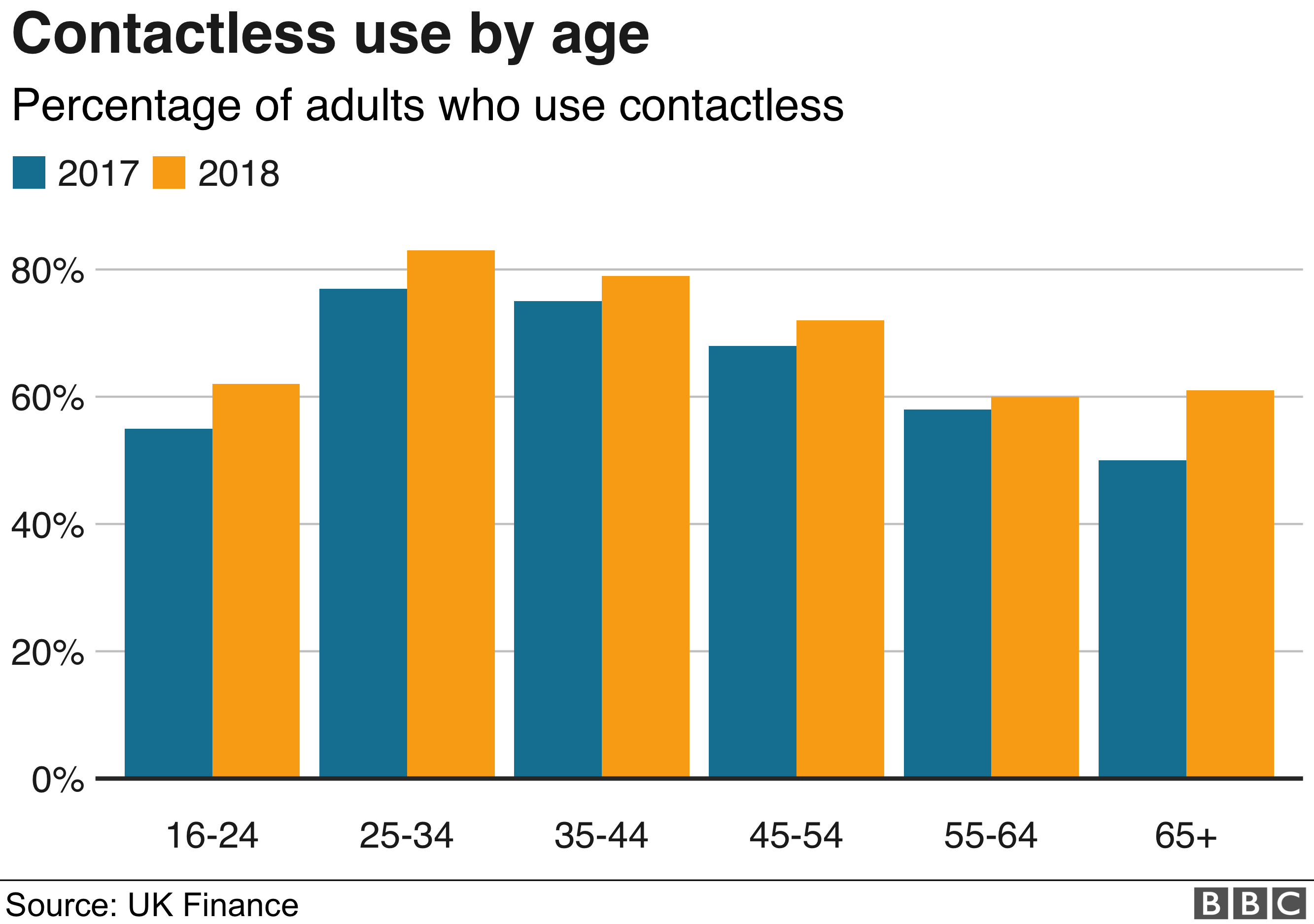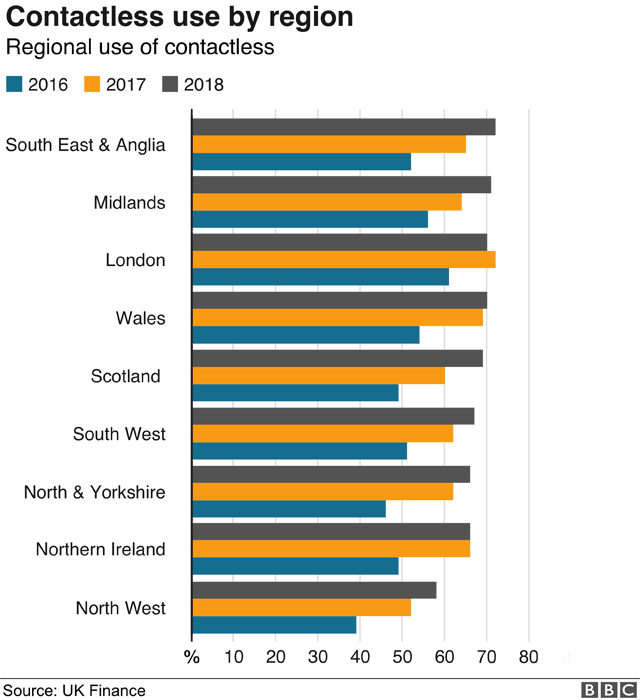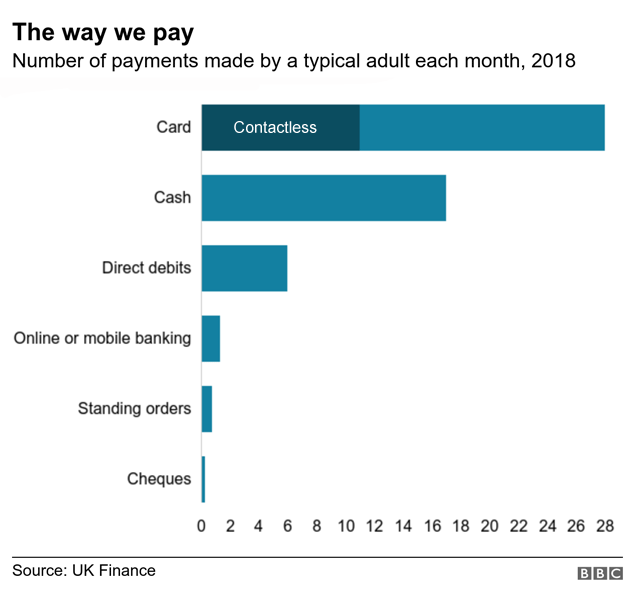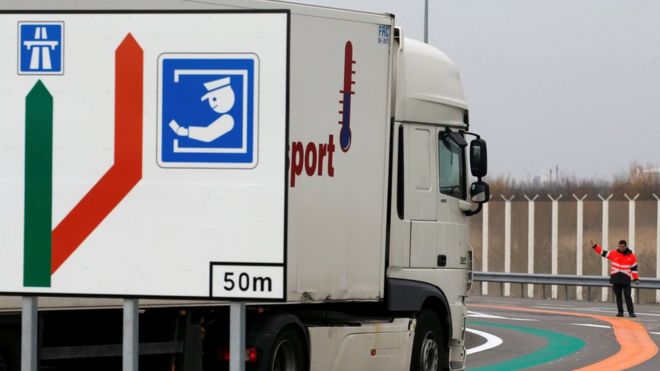 REUTERS
REUTERS
Many UK businesses "are not even close to being ready for a no-deal" Brexit, figures seen by Newsnight suggest.
In February, HMRC launched the Transitional Simplified Procedures scheme, aimed at easing imports in the event of the UK leaving the customs union and single market abruptly.
Less than 10% of the firms estimated to require the status had applied for it as of 26 May, Newsnight has found.
HMRC said it had plans to ensure "as many traders as possible are ready".
The Transitional Simplified Procedures (TSP) would allow UK firms to import goods from mainland Europe without filling out new customs declarations at the border. UK businesses would also be allowed to postpone the payment of import duties for one year.
But figures show that only 17,800 firms had applied for the TSP as of 26 May. That's less than 10% of the total of 240,000 firms estimated to require the status by 31 October, when the UK's latest Article 50 extension is due to expire.
"If it really is this low we're far, far away from being day one no-deal Brexit ready - it's a very low number," said Mike Spicer from the British Chambers of Commerce.
"The TSP data is terrible," said Matt Griffith of the Bristol Chamber of Commerce.
"The top level lesson is that most small firms are not even close to being ready for a No Deal scenario."
A Cabinet note leaked to the Financial Times on Wednesday reveals ministers have been warned that it would take "at least four to five months" to improve trader readiness for new border checks.
It also suggests that officials are considering "financial incentives to encourage exporters and importers to register for new schemes".
Meanwhile the leading Conservative leadership candidate, Boris Johnson, has promised supporters the UK will leave the EU with or without a deal on 31 October, should he become prime minister.
How to get TSP status
Before firms can register for TSP they have to apply for an 'Economic Operator and Registration Identification' (EORI) number from HMRC.
UK businesses that have only ever traded inside the EU will not have an EORI number. But in the event of no deal, an EORI number will be a basic legal requirement for companies to be able to import and export.
So far 69,000 firms had signed up for EORI status by 26 May - less than a third of the 240,000 EU-trading UK firms estimated to need one, the figures seen by Newsnight show.
In February, then financial secretary to the Treasury Mel Stride, urged businesses against leaving things "until the last minute".
In September 2018, December 2018 and January 2019, HMRC wrote directly to 145,000 VAT-registered businesses that only trade with the EU advising them to apply for an EORI number.
But there are an additional 95,000 non-VAT registered companies that HMRC said also needed to take action, bringing the total to 240,000.
HMRC says that it only takes firms 10 minutes to register for an EORI number online and claims it has the capacity to sign up 11,000 businesses per day.
But the British Chambers of Commerce and the Federation of Small Businesses have said that HMRC should automatically issue EORI numbers to companies that need them, rather than waiting for them to apply.
An HMRC spokesperson said: "HMRC has well-developed plans in place to ensure the UK will have functioning tax and customs processes for UK-EU trade in the event of no deal.
"Many businesses have already registered with HMRC as international traders - accounting for around two thirds of the trade carried out by UK VAT registered businesses that only trade with the EU.
"HMRC's plans include actions and easements to ensure that as many traders as possible are ready on day one to keep trading."
